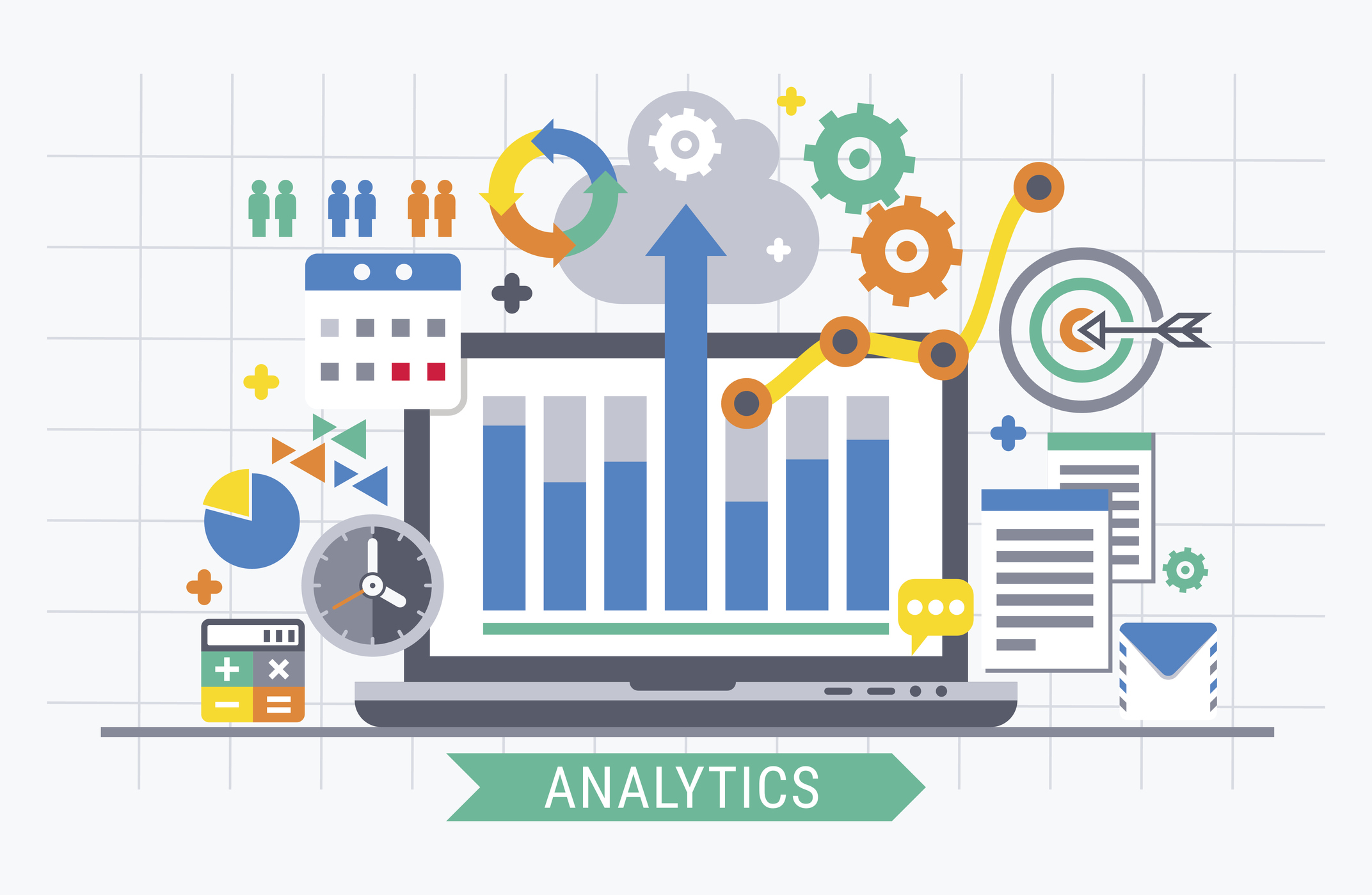The Evolution of Business Intelligence: From Reporting to Predictive Analytics
The Evolution of Business Intelligence: From Reporting to Predictive Analytics
The evolution of business intelligence (BI) has been a remarkable journey, transforming the way organizations leverage data to drive strategic decision-making. From the traditional reporting and dashboarding approaches to more advanced predictive analytics, the field of BI has undergone a significant transformation.
In the early days, BI was primarily focused on retrospective reporting, providing businesses with a rear-view mirror perspective on their operations. This static view of data allowed organizations to understand what had happened but lacked the foresight to anticipate future trends and opportunities.

However, as the volume and complexity of data grew exponentially, the need for more dynamic and forward-looking BI solutions became increasingly apparent. The advent of predictive analytics has revolutionized the field, empowering businesses to harness the power of their data to forecast future outcomes, identify potential risks, and uncover hidden insights.
Predictive analytics, powered by sophisticated algorithms and machine learning techniques, enables organizations to move beyond mere reporting and delve into the realm of prescriptive decision-making. By analyzing historical data, these advanced BI tools can identify patterns, trends, and correlations that would be virtually impossible for human analysts to detect.
From my own experience, I’ve witnessed firsthand the transformative impact of predictive analytics on businesses across various industries. In the retail sector, for instance, predictive models can forecast customer demand, optimize inventory levels, and personalize marketing campaigns, leading to significant improvements in profitability and customer satisfaction.
Similarly, in the financial services industry, predictive analytics has become a crucial tool for risk management, fraud detection, and investment portfolio optimization. By anticipating market fluctuations and customer behaviour, financial institutions can make more informed decisions and stay ahead of the competition.

The evolution of BI from reporting to predictive analytics has not only enhanced the decision-making capabilities of organizations but has also enabled them to become more agile, responsive, and innovative. By leveraging the power of data-driven insights, businesses can now navigate the ever-changing landscape with greater confidence and foresight.
As we look to the future, the continued advancements in artificial intelligence, machine learning, and data processing technologies will undoubtedly propel the evolution of BI even further. The ability to harness the full potential of data will be a key differentiator for businesses seeking to thrive in the digital age.
Let me know your thoughts on the evolution of Business Intelligence with Predictive Analytics in the comments!
